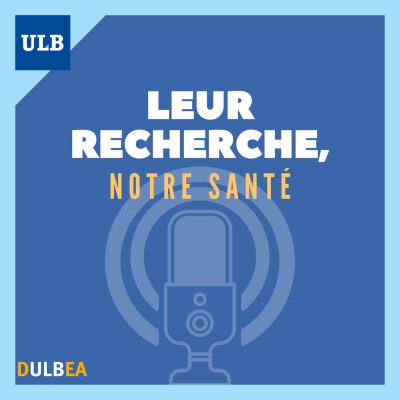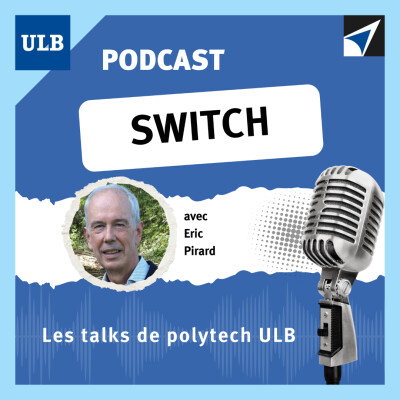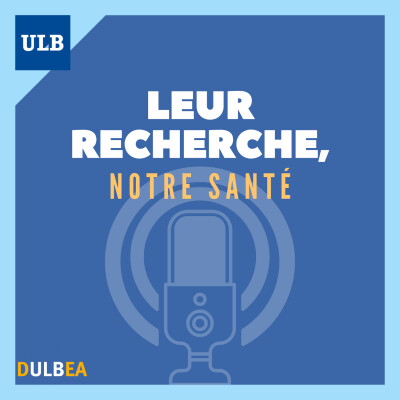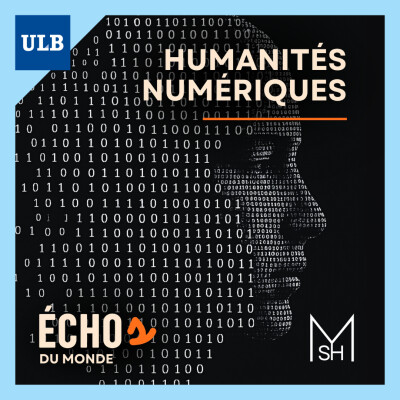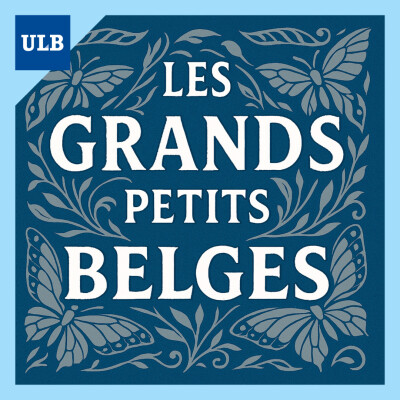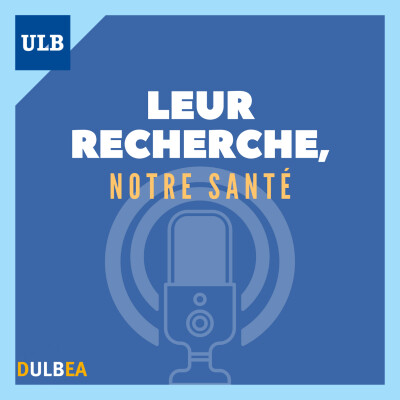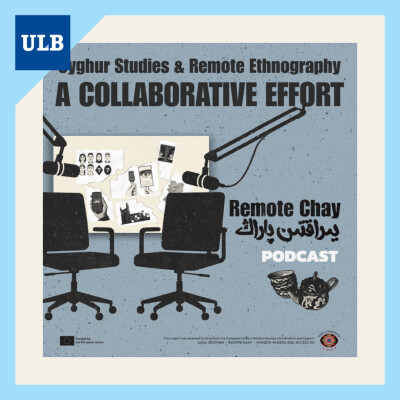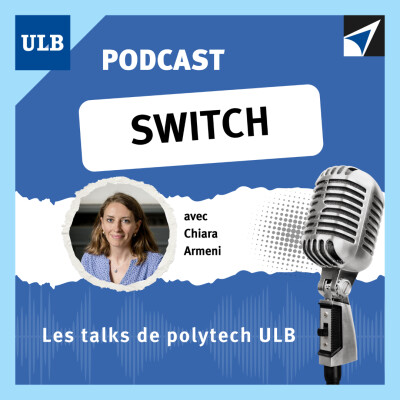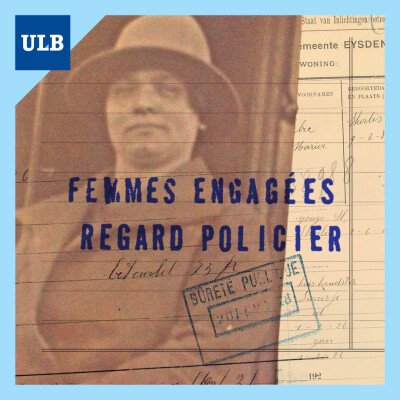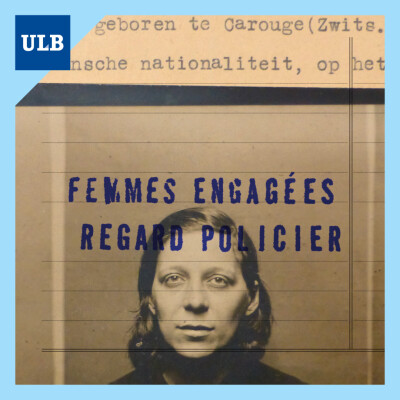Née à Huy à la fin du 19ᵉ siècle, Junia Letty grandit dans un monde où l’éducation des femmes reste limitée. Pourtant, elle parvient à étudier à l’Université libre de Bruxelles (ULB), à publier très jeune, et à s’imposer dans les milieux littéraires belges. Derrière ce nom énigmatique se cache une femme aux multiples identités, polyglotte, critique d’art, journaliste, écrivaine, traductrice… et pourtant absente de l'histoire belge.
Dans cet épisode, Martina Mecco, historienne à l’ULB, nous fait découvrir cette figure méconnue responsable de tant d'échanges culturels entre la Belgique, la France, l’Italie et la Tchécoslovaquie. De Bruxelles à Prague, des revues belges aux salons intellectuels d’Europe centrale, Junia Letty devient une véritable passeuse de cultures, écrivant sur tout : littérature, théâtre, cinéma, traditions populaires, religion, modernité. Mais son influence se déploie souvent dans l’ombre : ses traductions ne sont pas toujours signées, ses archives ont disparu, et même son prénom est incertain. Mais, derrière cette invisibilité, se dessine le portrait d’une femme libre et indépendante, et d’une vie faite de voyages, de langues, d’amours et de scandales.
A propos de l'intervenante
Martina Mecco est postdoctorante à l'ULB depuis 2025 au sein de Modernitas. Après un doctorat en études germaniques et slaves à l'université Sapienza de Rome et à la Karlova Univerzita de Prague, Martina collabore aujourd'hui au projet PDR La Belgique « lue » en tchèque et en allemand, pour lequel elle retrace l'histoire des contacts entre les pays tchèques et la Belgique au travers de périodiques et traductions.
----------------------------------
Connaissons-nous vraiment notre propre histoire ?
« Les Grands Petits Belges » est un podcast réalisé par Eve Filée qui met en lumière les personnalités belges, célèbres ou oubliées, qui ont façonné notre pays. Raconté comme une histoire, chaque épisode se concentre sur une figure marquante de l'histoire de la Belgique, en se basant sur de la littérature existante, mais aussi sur de nouvelles archives peu ou pas explorées. Ce projet invite le grand public à redécouvrir le riche patrimoine humain de la Belgique, souvent méconnu même de ses habitants.
Recherche menée avec le soutien de la bourse Seed-Money de la MSH et dans le cadre du projet ARC ‘The Artist, The Scientist, The Industrialist’, porté par le centre de recherche Modernitas (Faculté de Lettres, Traduction et Communication), hébergé à la MSH de l’ULB.
Vignette : Design de Rafaël Vantal-Vandroogenbroeck inspiré d'une œuvre de Mabel Elwes, illustrant Le Bois d'Oliviers de Raymond Limbosch, 1911.
Bibliographie de chaque épisode à retrouver sur le site l'ULB Podcasts.
ULB Podcasts (https://actus.ulb.be/fr/ulb-medias/ulb-podcasts/), les podcasts de l'Université libre de Bruxelles.
Hébergé par Ausha. Visitez ausha.co/fr/politique-de-confidentialite pour plus d'informations.

